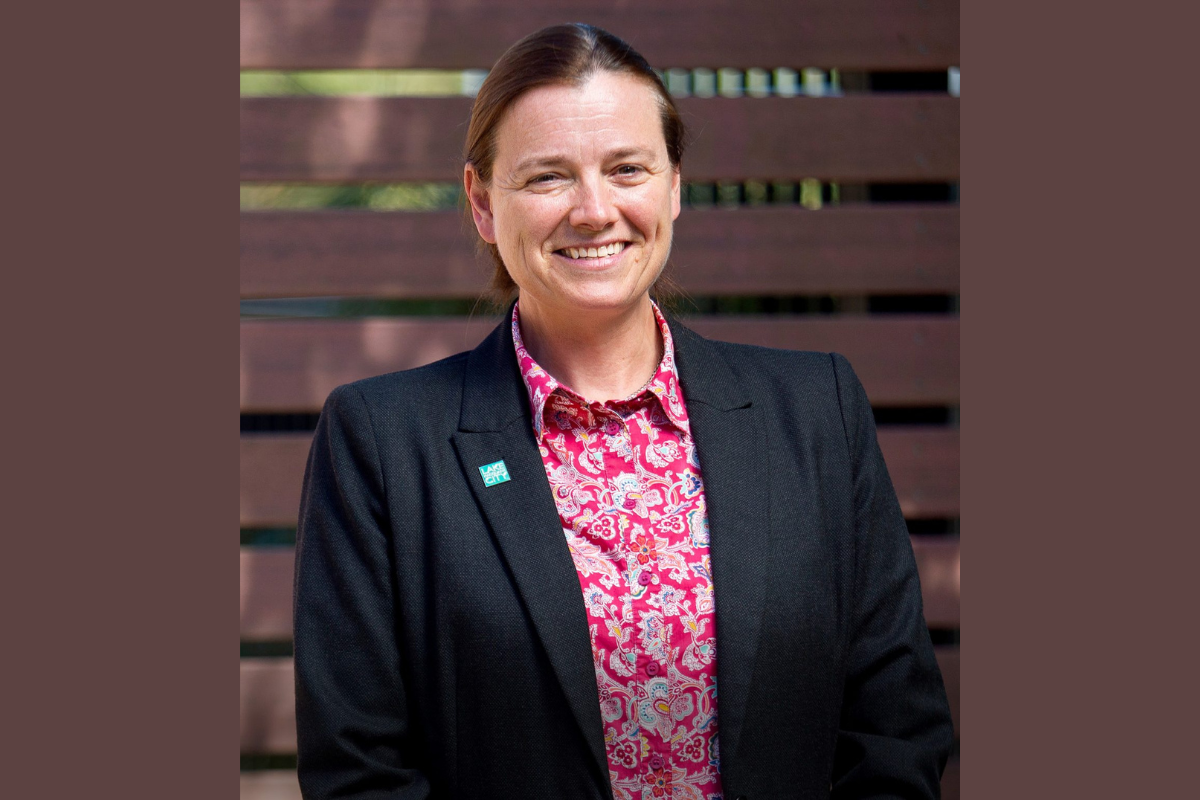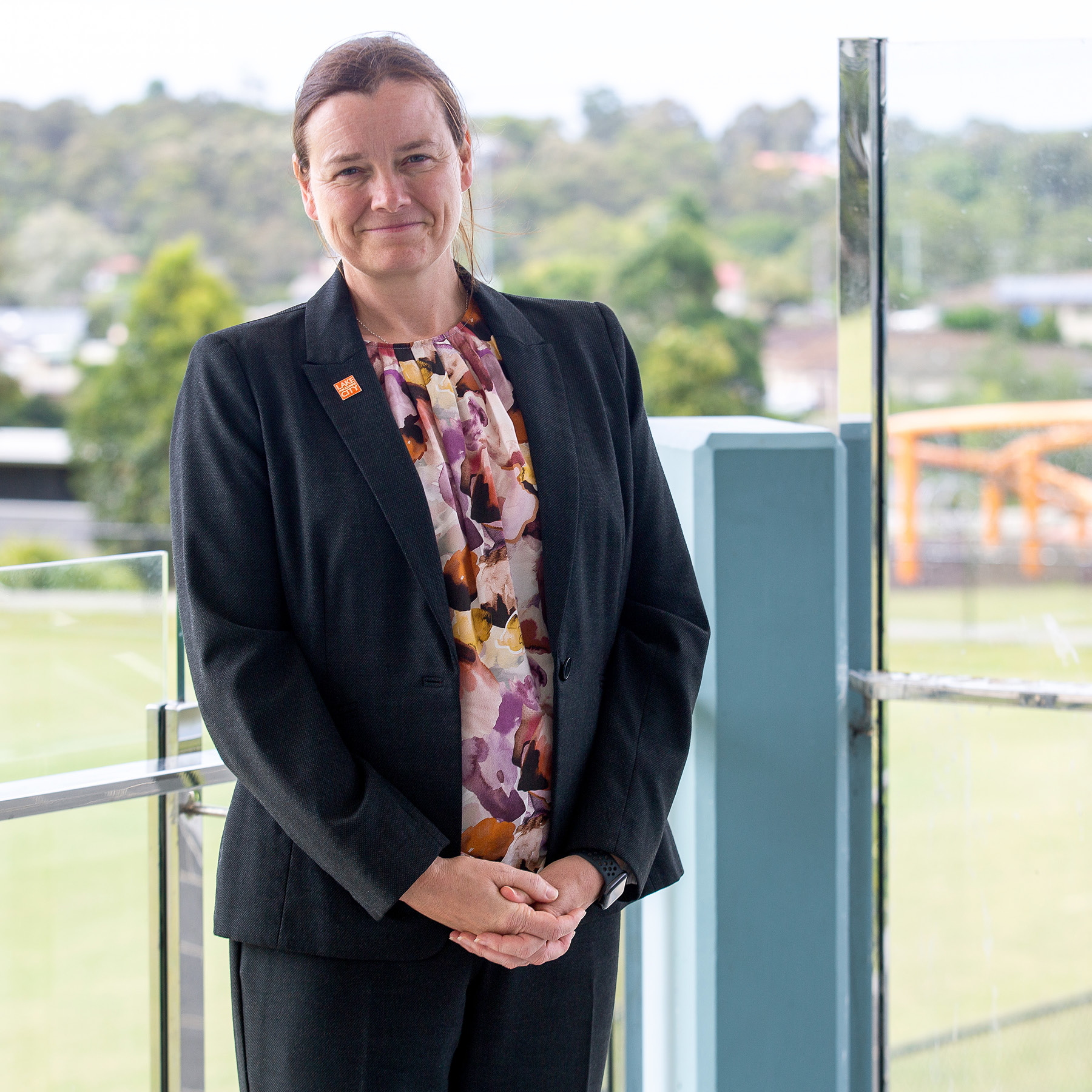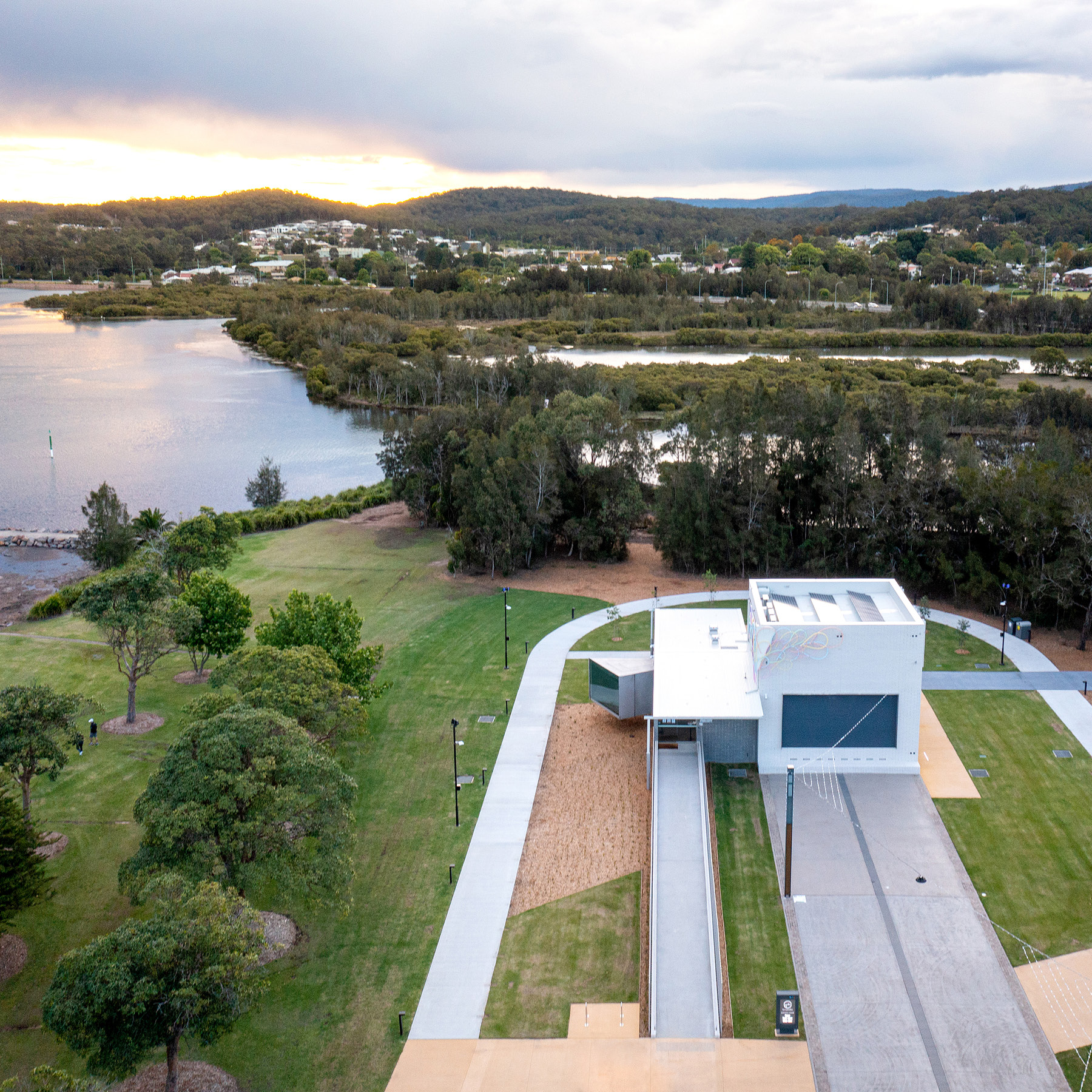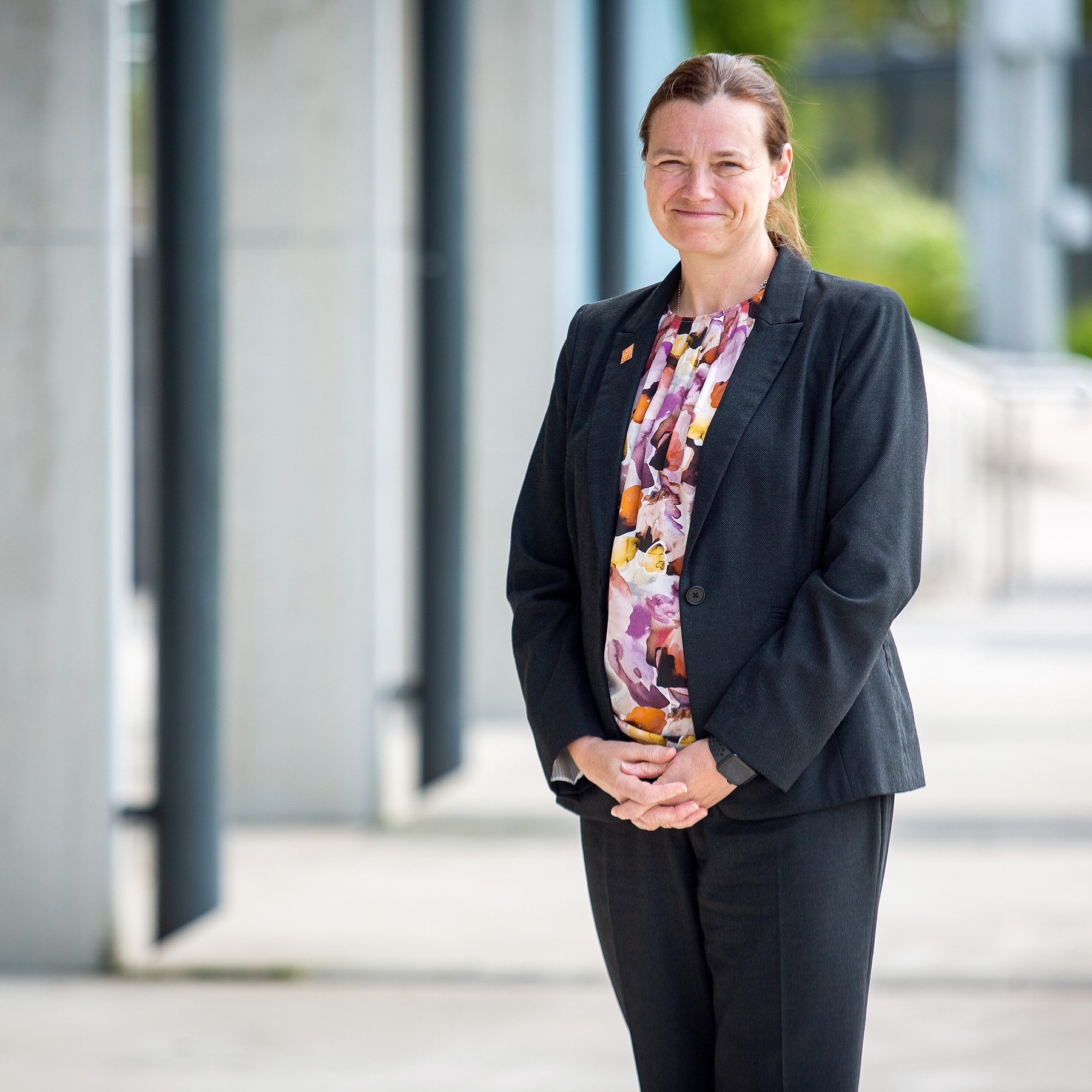Morven Cameron recalls addressing the Lake Macquarie City Council on the future unfolding for the region, when its traditional economic mainstays of mining and manufacturing were receding, and uncertainty confronted the community.

This transition will happen whether we like it or not. We can lean in and prepare the city and even the organizations for it or we can sort of let it happen to us.
“Right from the beginning I said, ‘This transition will happen whether we like it or not. We can lean in and prepare the city and even the organizations for it or we can let it happen to us,’” she tells The CEO Magazine. “The second was never an option.”
Originally a native of Scotland, Cameron joined the Council in 2006. She confesses she had ambivalent feelings about working in local government. “About six months in, I said, ‘Actually, you know what? I really love this.’,” she says. “And I’ve been hooked ever since.”
She has served as CEO since 2017 and, during this time, the region has undergone rapid population growth alongside its challenging economic transition, which required vision and leadership, along with a proactive approach to economic development.

Cameron urged the Council to take charge of its future rather than risk becoming a region whose best days were behind it. “I always said we need to learn particularly from the towns in the north of England and in Scotland, and in the United States and the Rust Belt,” Cameron says. “Industry changes in those towns economically create a dip into quite significant socioeconomic situations, and then something happens to pull them back out.
“My mantra was that the city’s economy is going to change, because of the make-up of the economy. The only people who can lead this change are us as local council.”
The proactive approach paid off. Five years ago, 39 percent of the local economy depended on mining and manufacturing, which were automating and employing fewer people. Nowadays, mining and manufacturing accounts for approximately 19 percent of Lake Macquarie’s economy. But economic activity has increased overall with regional gross domestic product rising by 25 percent, according to Cameron.
Truly local business
“We’re changing and maturing from a collection of quite dispersed local communities, all centered around an absolutely stunning lake in Lake Macquarie, to really much more of a metropolitan city with vibrant town centers and vibrant economic centers scattered around the lake,” Cameron explains.
The region is home to 13,000 small businesses – most of which employ fewer than 20 people. Tourism has started taking hold and the tech scene is accelerating, too, assisted by a partnership struck between the Council and the University of Newcastle.
Lake Macquarie has also revamped its economic development corporation, which is now known as Dantia. Cameron drew inspiration for the corporation’s governance from the committees formed to oversee recreation facilities – in which the people using the facilities run them for the Council.

We very boldly say that everything we do is as organizational or as staff-led as possible.
The mayor and Council CEO sit on Dantia’s nine member board, along with seven local businesspeople.
“They are people who are living, working and growing their own businesses within our city,” Cameron says.
Dantia also operates a pair of co-working spaces, which foster innovation. One of the spaces features an advanced manufacturing facility, while the other is a more traditional office-based co-working space. Both spaces, however, offer regular programs for handling issues such as tax law and HR, while also facilitating networking opportunity.
Inclusion and equality
Cameron’s role as Council CEO goes beyond economics and focuses heavily on quality-of-life issues for the 214,000 residents of Lake Macquarie.
Early in her career with the Council, she spearheaded the development of an all-abilities playground in New South Wales.
“That is probably a once-in-a-career project and still something I’m incredibly proud of,” she says of the playground. “We worked with occupational therapists to develop the cycle track, and the occupational therapists who helped us design it now bring children to learn to use their electric wheelchairs in a safe, fun space, to learn their skills before they’re out in the local streets.”

This idea of a lifetime pipeline of jobs has been something that we’ve been really working to deliver.
This focus on equality and inclusion is one that extends to the way the Council serves its community and who is employed by the Council. When she took on the CEO role, she realized the organization was too bureaucratic. “We’ve had a really significant demographic shift in our employee workforce in the last five years,” Cameron explains. “When first I became CEO five-and-a-half years ago, a high percentage of our employees at that time were over 55.”
Residents told her that they also care deeply about their economic future and would prefer their children not have to move to Sydney in search of career opportunities.
“This idea of a lifetime pipeline of jobs has been something that we’ve been really working to deliver, because our community continue to tell us, ‘We don’t want our kids and our grandkids having to move away to get work that lets them further their careers,’” she says.
Structure and trust
This means that Cameron now oversees a staff of 1,300 employees for Lake Macquarie City Council – 80 percent who hail from the region. Through its restructure as a more accessible, “flatter” organization, younger people have been attracted to join the Council and stay.
She did this by creating clusters within the Council. Executives were recruited for each cluster, which had its title and rough responsibilities decided but allowed the organization to work out the details of the rest of the structure. Staff then assigned themselves to what they believed was the appropriate cluster.
“We had a structure in place, where if a team thought that they were better off working over there with a different team than they were currently with, they could test it, they could try it,” Cameron says.

The sense of ownership, care and passion for the city and for what we do for the city is, I think, second-to-none in Lake Macquarie.
“The staff have said, ‘We think if we structure ourselves like this, we’ll be more efficient, we’ll be more effective, we’ll provide better customer service’. So, we very boldly say that everything we do is as organizational or as staff-led as possible.”
An example of the flatter approach was the development of the organization’s values. She says the original list was so long that no one remembered it. The subsequent expression of values – working together, shaping the future and leading at all levels – was produced through a collaborative effort.
“When we want to develop or refine values, the executive team don’t sit in a room and go, ‘OK, well, what will we decide the values for the organization are?’ We simply don’t do that. We design a system that says, ‘OK, let’s test with the organization,’” Cameron emphasizes.
“The sense of ownership, care and passion for the city and for what we do for the city is, I think, second to none in Lake Macquarie.”


